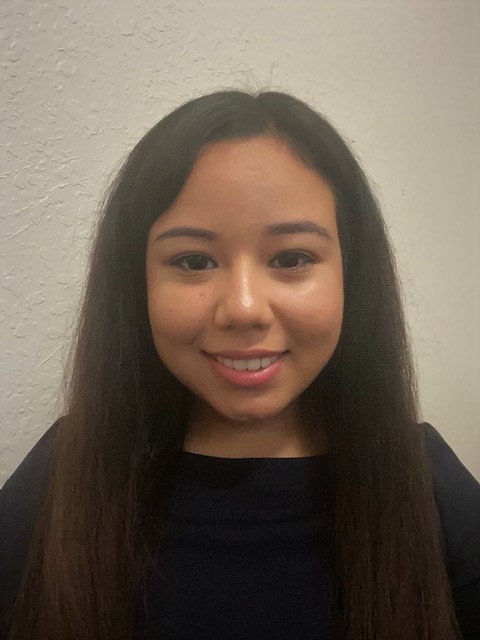For Sendi Mejia (Biology, Class of 2019) getting into the PhD program in Quantitative Plant Pathology at Purdue University was the conclusion of a long journey. When Sendi began taking science classes at Old Westbury, she was immediately struck by the amount of support she received from faculty. Sendi took a Biology lab section with Distinguished Teaching Professor Rita Urban. As Sendi recalls, “Professor Urban was great at motivating students!” To earn a degree in Biology, students must complete several Chemistry courses. Sendi notes that although Chemistry wasn’t her strongest subject, her professor Duncan Quarless (currently serving as Provost and Senior Vice President for Academic Affairs) offered a great deal of help and support. Sendi also found Assistant Professor Zulema Cabail, who taught Genetics, to be another source of inspiration.
When Sendi took a Bioinformatics class with Assistant Professor Christos Noutsos, she gained valuable research experience at the Cold Spring Harbor Laboratory. Bioinformatics is a class where students use computational tools to answer biological questions. Sendi’s work at Cold Spring Harbor filled the class requirement for a semester-long research project. Noutsos notes that because there are few textbooks on the subject of Bioinformatics, the class needs a strong experiential component. At Cold Spring Harbor Lab, Sendi learned about the field of genomics. Her work involved annotating and predicting genes and using a preliminary chain reaction to amplify certain regions of a genome. She studied the TUBBY gene transcription factor family in Maize using genes found in Arabidopsis. The TUBBY genes are present in various organs of developmental tissue in maize including the stem, leaves, and roots. These genes respond to environmental stress and regulate the synthesis of abscisic acid.
One of Sendi’s professional goals is to engage in genetic and molecular research that creates alternatives to the overuse of pesticides. Sendi notes that climate change and the heating of the globe are creating a rise in plant pathogens. Many pathogens thrive in warm, humid environments. The increase in pathogens has in turn led to an increase in the use of pesticides. In Sendi’s words, “Many of the people who get exposed to pesticides are migrant workers in the agricultural industry. They often come from disadvantaged socio-economic backgrounds. Many come from Central America, like me. Many of my family members work in landscaping and use pesticides to promote the growth of lawns and gardens. I feel that I have a personal stake in research on the harmful effects of pesticides.”
Looking back on her time at Old Westbury, Sendi realizes how much planning it took to get admitted into a PhD program. She notes, “It’s important for students to do research to learn about different graduate programs and the professors who teach in them. Students need to learn about options for grants and funding.” When asked what advice she would give to students interested in graduate school, Sendi replied, “Take advantage of research opportunities! Get to know professors who are doing research. Even if you doubt whether you will get accepted into an internship, or you don’t know if a professor will say ‘Yes,’ it’s important to try. Opportunities don’t just come to you – you need to seek them out.”
Written by Jon Kleinman

